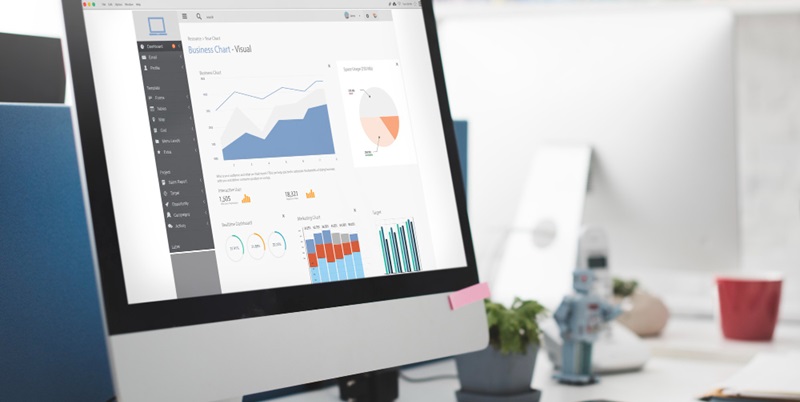Data science is revolutionizing industries worldwide by harnessing the power of data to derive meaningful insights. This article explores the role of data science in transforming various sectors, from hospitality and travel to healthcare and finance. By understanding the definition and applications of data science, we can appreciate its impact on businesses and society as a whole.
The Growth of Data Science
The demand for data science professionals is soaring, with research indicating a projected 36% growth in employment from 2021 to 2031. This exponential rise demonstrates the significance of data science across industries.
As companies recognize the value of data science, the demand for skilled professionals in this field continues to surge. Organizations are actively seeking data scientists who can leverage data to drive strategic decision-making.
Understanding Data Science
Data science involves the application of scientific techniques, algorithms, and statistical methods to analyze vast and complex datasets. It aims to extract valuable insights and patterns that can be used for informed decision-making.
Data science employs a wide range of advanced algorithms and techniques, including machine learning, deep learning, and predictive modeling. These methodologies enable businesses to transform raw data into actionable knowledge.
Data Science Applications in the Hotel Industry
By leveraging data science, hotels can analyze customer preferences, trends, and feedback to optimize their offerings, enhance guest experiences, and boost their reputation. Analyzing customer reviews can highlight areas for improvement, leading to increased customer satisfaction and revenue.
Major hotel chains have implemented data science techniques to personalize guest experiences, optimize pricing strategies, and improve operational efficiency. By analyzing customer data, hotels can tailor their services to meet individual needs, resulting in enhanced guest satisfaction and loyalty.
Data Science Applications in the Airline Industry
Data science has reshaped the airline industry, revolutionizing operations across domains such as pricing, route optimization, and customer service. Advanced analytics allow airlines to predict demand, optimize flight schedules, and minimize costs.
Airlines have successfully implemented data science algorithms to optimize fuel consumption, manage crew schedules, and predict maintenance requirements. These data-driven optimizations have led to substantial cost savings, improved safety standards, and enhanced customer experiences.
Data Science Applications in the Health Industry
Data science plays a vital role in healthcare, enabling personalized treatment plans, early disease detection, and efficient resource allocation. Through data analysis, medical professionals can identify patterns, predict outcomes, and improve patient outcomes.
Data-driven decision-making enhances operational efficiency in healthcare by optimizing workflows, reducing wait times, and streamlining resource allocation. By leveraging data science, hospitals can improve patient care, reduce costs, and identify opportunities for process improvement.
Data Science Applications in the Finance Industry
Data science has emerged as a game-changer in the finance industry, enabling efficient risk assessment, fraud detection, and personalized financial services. It streamlines processes, allowing financial institutions to make data-based decisions and provide tailored solutions to customers.
Financial institutions leverage data science techniques to analyze vast datasets, predict market trends, and optimize investment strategies. Data-driven insights enable informed decision-making, leading to improved financial performance and customer satisfaction.
Data Science Applications in the Retail and E-commerce Industry
In the retail and e-commerce industry, data science enables businesses to personalize customer experiences, optimize inventory management, and enhance marketing strategies. By analyzing customer behavior and preferences, retailers can deliver personalized recommendations, targeted promotions, and efficient supply chain management.
Prominent retailers integrate data science to optimize pricing, predict demand, and optimize product placement. This data-driven approach allows them to understand customer behavior, anticipate market trends, and gain a competitive edge in the industry.
The transformative power of data science reverberates across diverse industries. From harnessing customer insights to optimizing operational efficiency, data science empowers businesses to thrive in an increasingly data-driven world. As technology continues to evolve, the potential for advancements in data science is limitless. By embracing this transformative discipline, businesses can stay ahead of the curve and make data-driven decisions that propel them to new heights.

